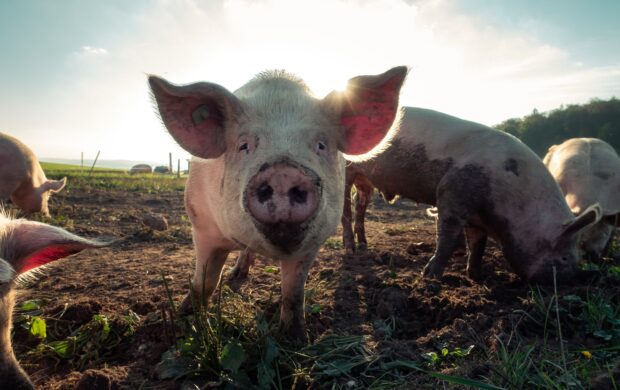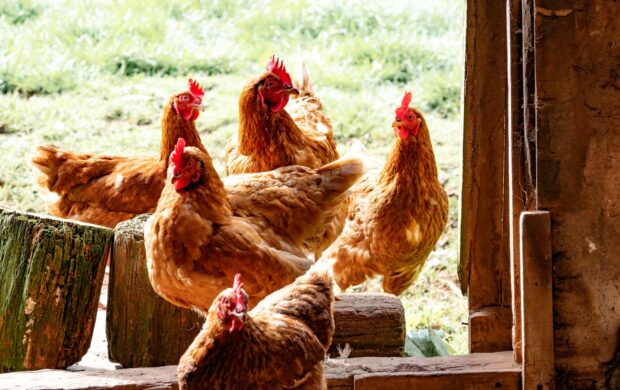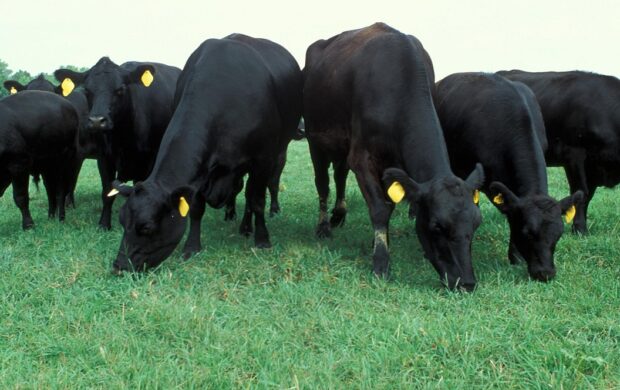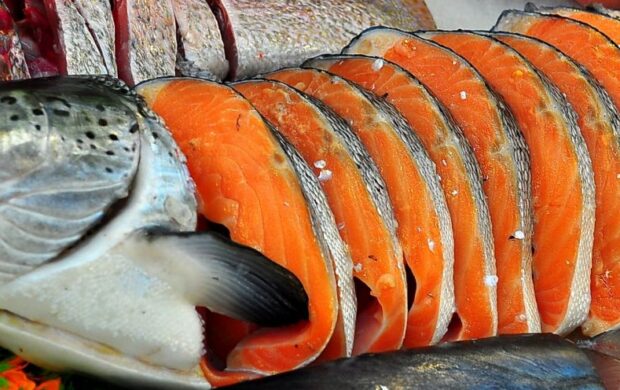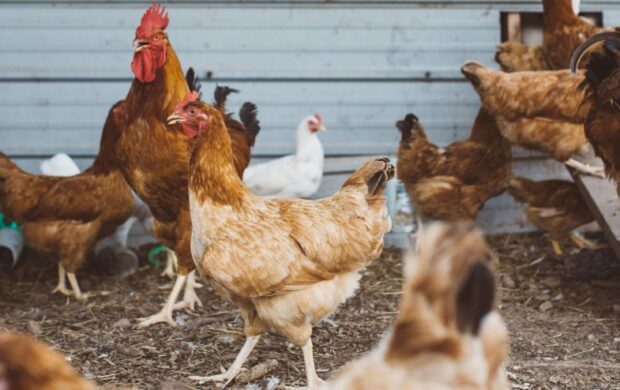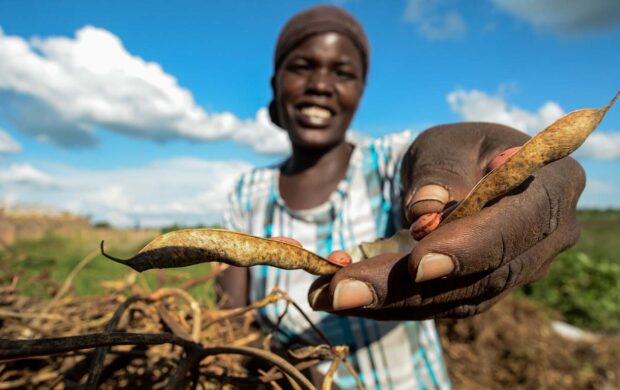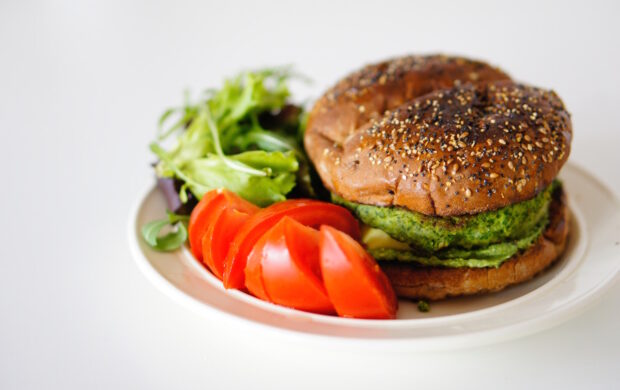The major seafood producer Thai Union has announced a partnership with the Israeli start-up Flying Spark which aims to promote insect protein as a sustainable and healthy protein source. Flying Spark is also the first investment announcement as part of Thai Union’s US$ 30 million venture fund to support innovative start-ups in the development of breakthrough food technologies.
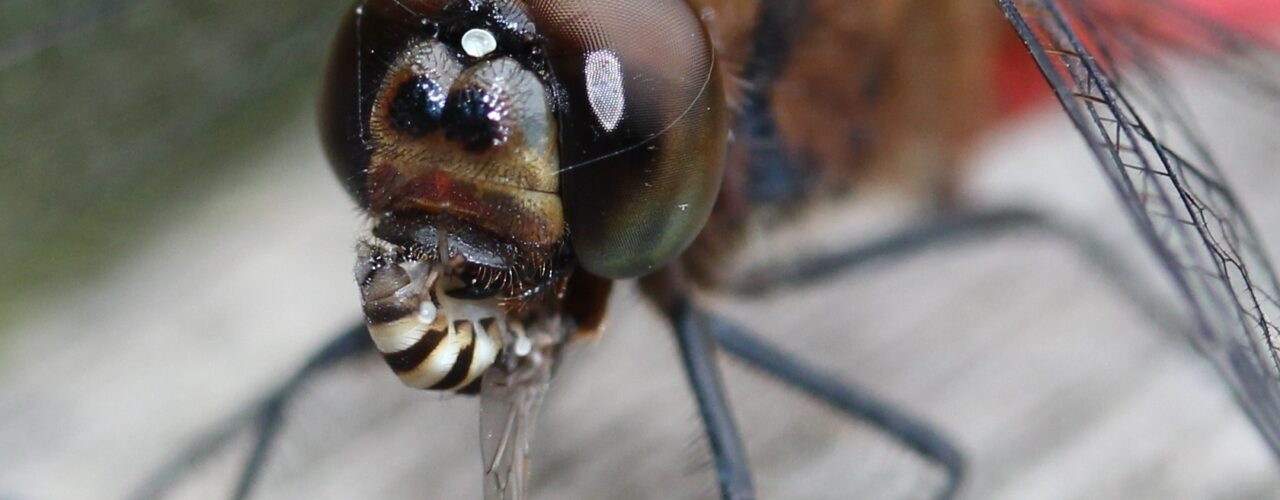
The start-up yields protein from the larvae of the Mediterranean fruit fly. The fruit fly’s life span is only seven days and within this time period their body mass multiplies 250 times. Flying Spark’s cultivation process is waste-free and produces a 70% mild-tasting protein powder which has high levels calcium, iron, magnesium and amino acids. All parts of the larvae are used in Flying Spark’s process which is unique even among other insect protein sources such as crickets and grasshoppers.

